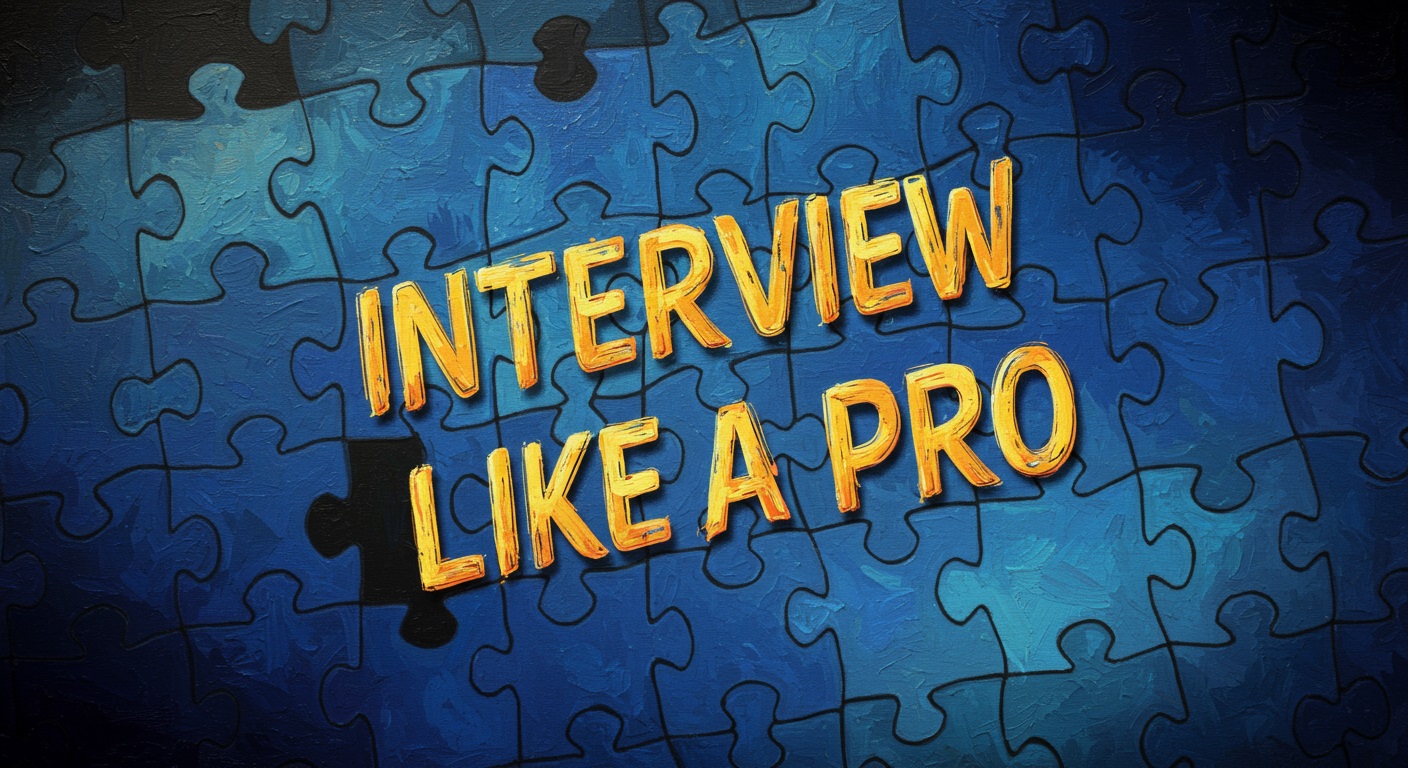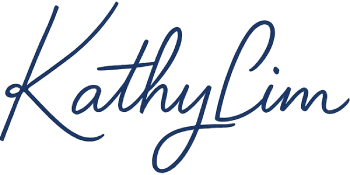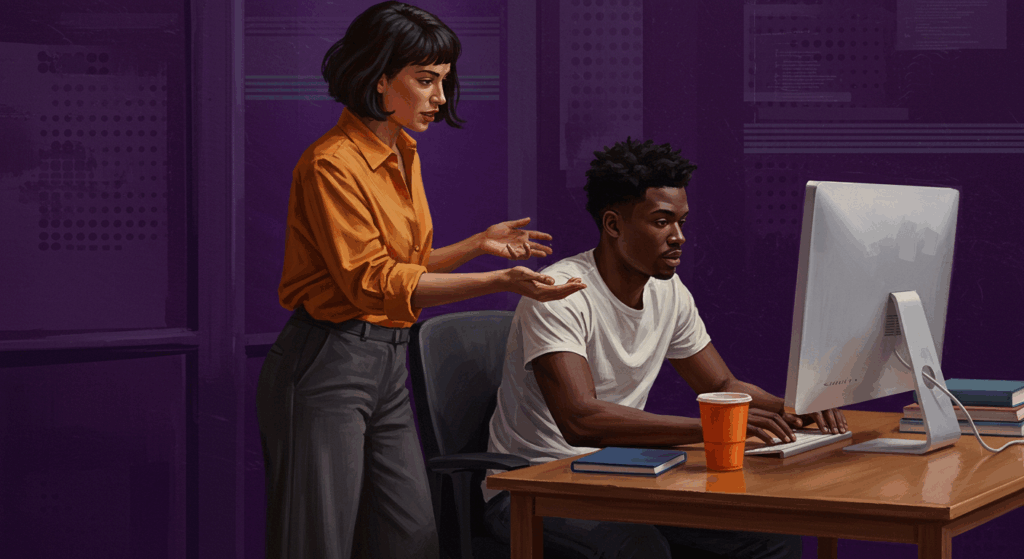You know that feeling when you’re sitting in the parking lot before a big interview, palms sweating, heart racing, wondering if you’re about to completely bomb this thing? Yeah, we’ve all been there. I’ve been on both sides of the interview table more times than I can count, and honestly? The whole process never really gets easier—but it definitely gets more manageable when you know what you’re doing.
Let me share some real talk about interviewing that goes way beyond the usual “dress nicely and show up on time” advice. Because honestly, if that’s all it took, we’d all be landing our dream jobs left and right, right?
The Mental Game: Getting Your Head Right
Stop Psyching Yourself Out
Here’s the thing that nobody really talks about—half the battle happens in your head before you even walk through that door. I used to be one of those people who would spend the entire morning of an interview catastrophizing. “What if I say something stupid?” “What if they ask me about that gap in my resume?” “What if I forget how to speak English?”
The reality is, you are the same person who did all those incredible things that got you to this interview in the first place. That promotion you got two years ago? That project you killed last quarter? That time you solved that impossible problem everyone else gave up on? That was all you, and those achievements don’t just disappear because you’re nervous.
The Power Pose Thing Actually Works
Look, I was skeptical about this too. But there’s something to be said for striking a power pose, repeating a positive affirmation, and reminding yourself of your past accomplishments. Find a bathroom or your car and literally stand like Superman for two minutes. Feel ridiculous? Good. Do it anyway.
I had a friend who would always do this thing where she’d look herself in the mirror and say, “I belong here.” Sounds cheesy, but you know what? She landed every job she interviewed for over a three-year period. Coincidence? Maybe. But why risk it?
The Research Game: Know Your Stuff (But Don’t Overdo It)
Company Research That Actually Matters
Everyone tells you to research the company, but let’s be honest—most of us just skim their “About Us” page and call it a day. That’s not enough, but also… don’t go overboard and memorize their entire annual report either.
Make sure you understand what the company does, its values, and culture. Look at the company’s top products/initiatives and identify factors/characteristics that make the company unique compared to their major competitors. But also dig a little deeper. What’s their recent news look like? Any cool projects or initiatives? Any challenges they’re facing that you could help solve?
I once interviewed with a tech company and mentioned that I’d noticed they were expanding into a new market based on a press release from the week before. The interviewer’s face lit up—apparently most candidates didn’t even know about the expansion. It wasn’t that I was trying to be a show-off; I was genuinely curious about where the company was headed.
Know the Role Inside and Out
This might seem obvious, but you’d be surprised how many people show up not really understanding what the job actually entails. Read that job description like it’s a treasure map, because in a way, it kind of is.
Circle the key requirements. Think of specific examples from your experience that match each one. And here’s a pro tip: if there’s something in the job description you don’t have experience with, don’t panic. Instead, think about transferable skills or times you’ve learned something new quickly.
The Prep Work: Practice Without Being Robotic
The STAR Method (But Make It Natural)
The STAR method helps you to answer interview questions fully—that’s Situation, Task, Action, Result for those keeping track at home. It’s a great framework, but please, for the love of all that’s holy, don’t sound like you’re reading from a script.
I remember interviewing someone who clearly had their STAR answers memorized word for word. It was like watching someone perform a one-person play about spreadsheets. Not compelling.
Instead, use STAR as your mental roadmap, but tell the story like you’re… well, telling a story to a friend. Add some personality. Show some passion. Let them see who you are beyond your resume bullet points.
Questions You Should Actually Ask
At the end of every interview, they’re going to ask if you have questions. And yes, you absolutely need to have questions. But please don’t ask about salary and vacation time in the first interview—save that for when they’re ready to make an offer.
Ask things like:
- “What does success look like in this role after six months?”
- “What are the biggest challenges the team is facing right now?”
- “Can you tell me about the company culture here?”
- “What do you enjoy most about working here?”
These questions show you’re thinking about actually doing the job, not just getting the job.
Day-Of Strategies: Show Time
The Confidence Boost Cocktail
Okay, this is going to sound like I’m making it up, but I swear this works. About 30 minutes before your interview, do this little routine:
First, find someone to give you a pep talk and tell you how great you are. Call your mom, text your best friend, whatever. Just get someone in your corner to remind you that you’re awesome.
Then, do a quick mental inventory. Think about the accomplishments you’re really proud of—not just the stuff on your resume, but the moments where you really felt like you nailed it. Hold onto that feeling.
Finally, and this might sound weird, but smile. Even if you don’t feel like it. There’s actual science behind this—smiling triggers the release of endorphins, which help you feel more confident and relaxed. Plus, open, relaxed, and positive nonverbal cues can create a favorable impression.
Body Language That Doesn’t Look Rehearsed
We all know about the firm handshake and eye contact thing. But here’s what they don’t tell you: the goal isn’t to look perfect. The goal is to look comfortable and authentic.
You can do this by practicing a confident, strong speaking voice and friendly, open body language. But “practicing” doesn’t mean rehearsing until you look like a robot. It means getting comfortable with yourself so you can focus on the conversation instead of worrying about where to put your hands.
One trick I learned is to imagine you’re meeting a colleague for coffee to discuss an interesting project. That’s really what an interview is—a professional conversation about whether you’d be a good fit for each other.
During the Interview: It’s a Conversation, Not an Interrogation
Listen Like Your Life Depends On It
Listen carefully to each question asked. Answer questions as directly as possible. Sounds simple, right? But when you’re nervous, it’s so easy to hear a question and immediately start panicking about your answer instead of actually listening.
Here’s what I do: I repeat the question back in my head before I start answering. This gives me a second to process what they’re really asking and make sure I’m not going off on some tangent about my college internship when they asked about my current role.
The Art of the Pause
This one took me years to learn: it’s okay to pause and think before you answer. You don’t have to fill every silence with “um” and “uh.” A confident pause actually makes you look more thoughtful and composed.
When someone asks you a tough question, it’s perfectly fine to say, “That’s a great question. Let me think about that for a moment.” Then take a few seconds to organize your thoughts. Trust me, those few seconds won’t feel as long to them as they do to you.
When You Don’t Know Something
Here’s a situation that terrifies most people: what do you do when they ask you something you don’t know? The worst thing you can do is make something up or BS your way through it.
Instead, be honest: “I haven’t had direct experience with that, but here’s how I would approach it…” or “That’s not something I’ve worked with before, but I’m curious about it. Can you tell me more about how your team uses it?”
This shows intellectual honesty and genuine interest in learning—both qualities that most employers value way more than having all the answers.
The Authenticity Factor: Be Yourself (But the Professional Version)
Personality Matters More Than You Think
Look, the impression you make on the interviewer often can outweigh your actual credentials. That’s not to say qualifications don’t matter—they do. But between two equally qualified candidates, they’re going to choose the one they enjoyed talking to more.
This doesn’t mean you need to be the office comedian or the most charismatic person in the world. It means being genuinely interested in the conversation and letting your personality show through. If you’re naturally more quiet and thoughtful, that’s fine—own that. If you’re energetic and enthusiastic, let that come through too.
The Follow-Up Game
After the interview, send a thank-you email within 24 hours. But don’t just say “thanks for your time.” Reference something specific from your conversation. Maybe they mentioned a project they’re excited about, or you connected over a shared interest. Show them you were actually listening and engaged.
Keep it brief, professional, but personal. Something like: “Thanks for taking the time to meet with me today. I really enjoyed our conversation about the new product launch, and I’m excited about the possibility of contributing to that initiative.”
When Things Don’t Go as Planned
The Recovery Game
Sometimes interviews go sideways. Maybe you completely blank on a question you should have nailed. Maybe you realize halfway through that you misunderstood what the role actually involves. Maybe you accidentally call the interviewer by the wrong name (yes, this happens).
Here’s the thing: how you handle these moments says way more about you than whether they happen in the first place. If you mess up, acknowledge it briefly and move on. Don’t spend the rest of the interview apologizing or dwelling on it.
I once completely botched a technical question in an interview. Instead of panicking, I said, “You know what? I clearly don’t have that right. Can I tell you about a similar situation where I did successfully solve a problem?” The interviewer appreciated my honesty and ability to pivot.
The Long Game Perspective
Not every interview is going to result in a job offer, and honestly? That’s okay. Sometimes you’re not the right fit, and sometimes they’re not the right fit for you. Each interview is practice for the next one, and each one teaches you something about what you want and what you don’t want.
I’ve had interviews where I walked out knowing I absolutely did not want to work there, regardless of whether they offered me the job. I’ve also had interviews where I thought I bombed, only to get an offer a week later. You never really know how these things are going to go.
The Confidence Thing (Let’s Talk About It For Real)
Here’s what nobody tells you about interview confidence: it’s not about feeling confident all the time. It’s about being okay with being nervous and doing it anyway. If you refuse to let the panic set in and instead summon confidence, you might ace it.
Real confidence comes from preparation, sure, but it also comes from accepting that you’re not going to be perfect and that’s totally fine. The goal isn’t to convince them you’re flawless—it’s to show them who you are and what you can contribute.
You know what’s actually confident? Admitting when you don’t know something. Asking thoughtful questions. Being genuinely interested in learning about the role and the company. Treating the interview like a conversation between professionals rather than a test you need to pass.
The Bottom Line
To be honest, there’s no magic formula for interview success. But there are definitely things that stack the odds in your favor: doing your homework, practicing your stories, managing your nerves, and showing up as the best version of yourself.
The most successful people I know aren’t necessarily the most talented or the most qualified—they’re the ones who get really good at interviews. And getting good at interviews is mostly about getting comfortable with discomfort and learning to have genuine conversations under pressure.
Remember, they called you for a reason. They saw something in your application that made them think you might be worth their time. Your job isn’t to convince them you’re perfect—it’s to help them see whether you’d be a good addition to their team.
And if it doesn’t work out? That’s data, not a verdict on your worth as a human being. Take what you learned, adjust your approach if needed, and move on to the next opportunity.
Because here’s what I know for sure: the right opportunity is out there, and when you find it, all these interview skills you’re building are going to help you land it. You’ve got this—even when it doesn’t feel like you do.
Trust me on this one. We’ve all been there, sitting in that parking lot, wondering if we’re about to make fools of ourselves. But most of the time, we don’t. Most of the time, we do just fine. And sometimes, if we’re prepared and a little bit lucky, we do better than fine.









